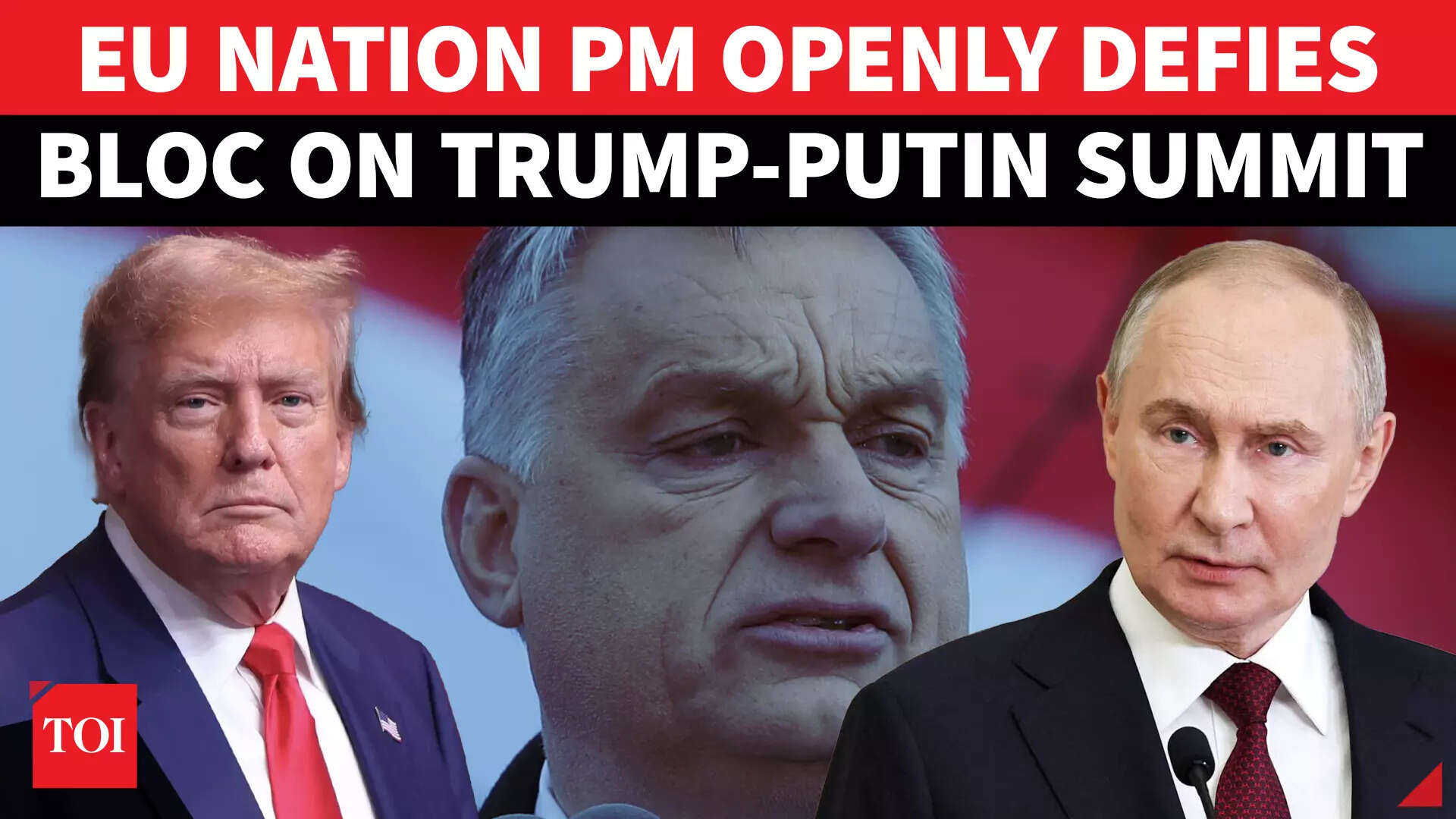Top Stories
Viktor Orban Calls for EU-Russia Summit, Criticizes EU Leaders

Hungarian Prime Minister Viktor Orban has publicly rejected a European Union statement regarding Ukraine, criticizing EU leaders for imposing conditions on a dialogue they were not part of. Orban’s comments came in the context of ongoing tensions between Russia and Ukraine, following the recent escalation of military actions in the region. He advocates for a summit modeled after the meetings between Donald Trump and Vladimir Putin, emphasizing that diplomacy should take precedence over military solutions.
In his remarks, Orban asserted that the EU risks being “sidelined” in the ongoing peace discussions. He contended that establishing direct communication between EU leaders and Russian officials is essential for achieving a resolution. According to his perspective, a summit would enable a more effective dialogue that prioritizes negotiation over conflict.
Diplomatic Solutions Over Military Action
Orban’s call for an EU-Russia summit is grounded in his belief that direct talks could pave the way for peace. He questioned the rationale behind the EU’s insistence on Ukraine’s consent for negotiations, arguing that such conditions could hinder progress toward a peaceful resolution. “The only sensible action is to engage in dialogue,” Orban asserted, highlighting the urgency of diplomacy amid the ongoing crisis.
While EU leaders maintain that any negotiations must include Ukraine’s agreement and a ceasefire, Orban is urging a more inclusive approach. He believes that sidelining discussions with Russia could prolong the conflict and undermine the EU’s position in global affairs.
The Hungarian leader’s stance reflects a broader tension within the EU regarding how to manage relations with Russia. Some member states advocate for a more confrontational approach, while others, like Hungary, favor dialogue. This divergence raises questions about the EU’s collective strategy in addressing the conflict and its implications for regional stability.
Implications for EU Foreign Policy
Orban’s comments come at a crucial time when the EU is grappling with its foreign policy direction in relation to Russia. The ongoing war in Ukraine has reignited debates about the EU’s role as a mediator and its ability to influence peace negotiations. Critics of Orban’s position argue that engaging with Russia without clear conditions could undermine Ukraine’s sovereignty and embolden Russian aggression.
In conclusion, Viktor Orban has positioned himself as a proponent of dialogue and negotiation, challenging the EU’s current approach to the crisis. His call for an EU-Russia summit reflects the complex dynamics at play within the bloc and raises important questions about the future of European diplomacy. As the situation evolves, the EU must navigate these challenges carefully to ensure a coherent and effective response to the ongoing conflict.
-

 Sports2 weeks ago
Sports2 weeks agoBroad Advocates for Bowling Change Ahead of Final Test Against India
-

 Sports2 weeks ago
Sports2 weeks agoCristian Totti Retires at 19: Pressure of Fame Takes Toll
-

 Science2 weeks ago
Science2 weeks agoNew Blood Group Discovered in South Indian Woman at Rotary Centre
-

 World4 weeks ago
World4 weeks agoTorrential Rains Cause Flash Flooding in New York and New Jersey
-

 Science4 weeks ago
Science4 weeks agoNothing Headphone 1 Review: A Bold Contender in Audio Design
-

 Top Stories1 month ago
Top Stories1 month agoKonkani Cultural Organisation to Host Pearl Jubilee in Abu Dhabi
-

 World4 weeks ago
World4 weeks agoSBI Announces QIP Floor Price at ₹811.05 Per Share
-

 Lifestyle4 weeks ago
Lifestyle4 weeks agoCept Unveils ₹3.1 Crore Urban Mobility Plan for Sustainable Growth
-

 Top Stories4 weeks ago
Top Stories4 weeks agoAir India Crash Investigation Highlights Boeing Fuel Switch Concerns
-

 Business4 weeks ago
Business4 weeks agoIndian Stock Market Rebounds: Sensex and Nifty Rise After Four-Day Decline
-

 Politics4 weeks ago
Politics4 weeks agoAbandoned Doberman Finds New Home After Journey to Prague
-

 Top Stories4 weeks ago
Top Stories4 weeks agoPatna Bank Manager Abhishek Varun Found Dead in Well









